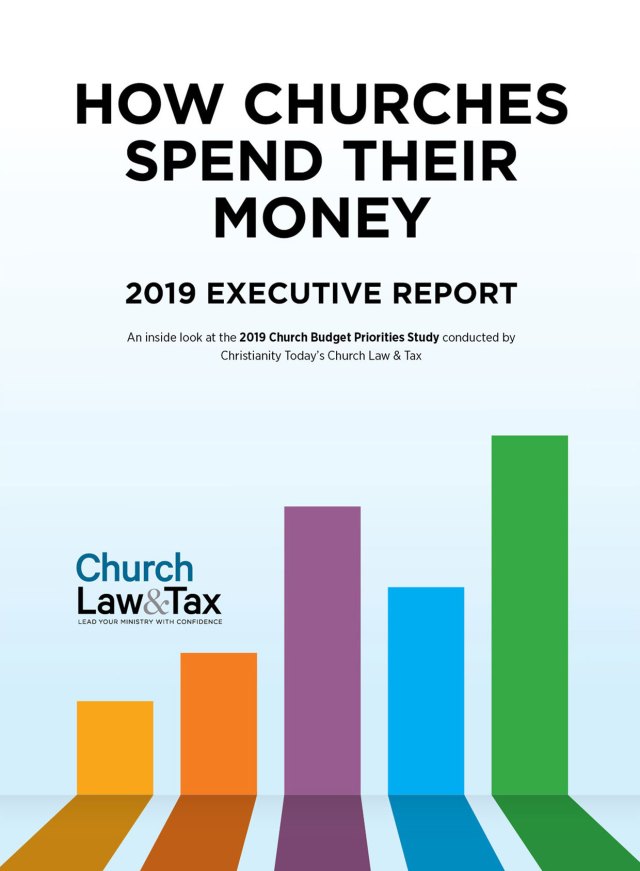In this regular column, longtime executive pastor and XPastor.org founder David Fletcher takes on readers’ questions about finances, staffing, communications, and more. Submit your questions using the subject line “Hey, Fletch” to editor@churchlawandtax.com.
We are thinking about outsourcing the cleaning of our church facility. Do you have any data on the pros and cons, and the cost savings metrics? Have you surveyed executive pastors about this before?
We haven’t surveyed the
XPastor community on the outsourcing issue. However, I know a church that had a great experience with outsourcing its cleaning to a professional firm. The contract was for $225,000 annually to clean the entire facility. The company specialized in churches, so it understood the church’s culture and rhythms:
-
The company worked seamlessly in the background, night and day.
-
The campus sparkled—even older rooms were exceedingly clean. The company cleaned the restrooms during services so they always looked fresh.
-
It was the cleanest church that I have visited in a long time.
The company provided the church a high degree of finesse and specialization. Since the company served many large churches and schools, it was an expert. It took cleaning to a whole new level with annual and quarterly processes, such as special anti-bacterial applications. The staff were cleaning professionals, and the church did not have to re-invent the wheel on best practices.
As a comparison, I visited a government facility. The faucet in the restroom had lost all its chrome and was bare brass. I talked to the owner of the cleaning company about this. He said, “Rookie mistake. They used the wrong cleaner and scrubbed off all the brass.” As for the rest of the government center, it looked like amateurs cleaned it.
The costs to outsource cleaning, of course, need consideration. The church that I visited was in a state with a high minimum wage. For our purposes, let’s consider the minimum wages of several places to see how much it would cost for a church to hire and pay staff members:
-
Washington, D.C: $12.50 an hour;
-
Washington: $11.50 an hour;
-
California: $11 an hour;
-
Massachusetts: $11 an hour;
-
Arizona: $10.50 an hour;
-
Vermont: $10.50 an hour;
-
New York: $10.40 an hour;
-
Colorado: $10.20 an hour.
Assuming a 2,080-hour work year, a church is looking at about $21,000 a year in wages for one staff member, plus FICA (more than $1,600) and benefits. The medical insurance alone could cost more than $14,000 per employee. In some cases, the medical insurance costs more than an employee’s annual wages.
So, let’s assume that the total wages would be $40,000 for one staff member. With a $225,000 cleaning budget, that would allow for 5½ workers. That might be enough people to clean a large, active church during the week, but that would not include weekends. Add in the costs the church would pay for the cleaning materials and equipment (by contrast, the outsourcing firm pays for those). Plus, the church would need a supervisor for those 5½ workers (meaning a church possibly saves money by reducing a full-time middle management position, plus all of the related time spent by human resources or another staff member or department to recruit, hire, and train a cleaning staff).
Going further, by having 5½ fewer employees, the church’s
workers’ compensation insurance becomes significantly lower, too. (Because of a higher accident rate compared to office workers, facility workers cost more in workers’ compensation premiums.)
Once all of these costs were factored in and compared with the $225,000 bid from the company, the church I visited estimated it actually saved about $80,000 to 120,000 a year using the company.
I suggest you get three competitive bids. Compare the bids to the total cost that the church spends on employees, equipment, supplies, and management. See if it makes economic sense to outsource the cleaning to professionals. In general, the math suggests it does.
David Fletcher has more than 35 years of experience as a pastoral leader in churches. In 2003, he founded XPastor, a resource website for executive pastors, and XP-Seminar, an annual church leadership conference.




